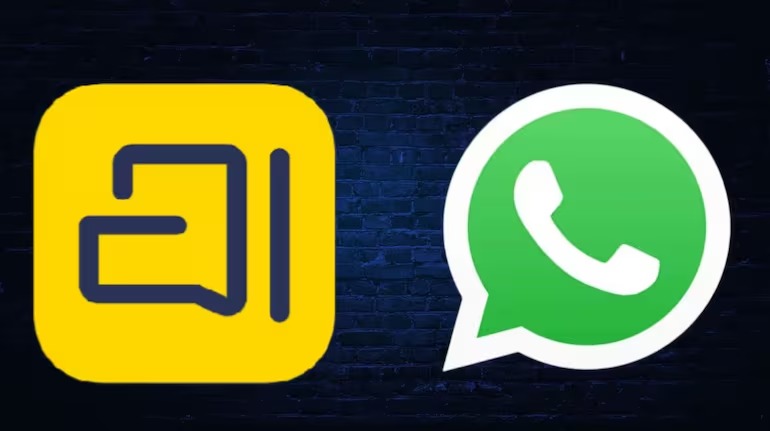India’s Arattai messaging app, developed by Zoho, has surged to viral popularity with over seven million downloads in just one week, challenging WhatsApp’s dominance. Driven by government endorsements and a push for digital sovereignty, Arattai offers similar functionalities, regional language support, privacy, and unique features appealing to Indian users.
The Rise of Arattai: India’s Messaging Revolution
Arattai, meaning "casual chat" in Tamil, quietly launched in 2021 but exploded in popularity in October 2025. Created by Chennai-based Zoho Corporation, Arattai aligns with the Indian government’s “Atmanirbhar Bharat” initiative promoting self-reliance in tech. Within a short span, it recorded a 100-fold growth in daily sign-ups, soaring from 3,000 to over 350,000, even reaching 2 million in a single day.
This surge comes amid US-India trade tensions and government encouragement to prioritize indigenous apps over foreign ones. Federal ministers and notable leaders including Dharmendra Pradhan actively promoted Arattai, fueling its rapid spread across internet users.
How Arattai Compares to WhatsApp
While WhatsApp owns over 500 million users in India, Arattai offers key competitive advantages:
Group chats with up to 1,000 members, matching WhatsApp’s limit.
Seamless voice and video calls.
Document and media sharing optimized for low-end smartphones and slower networks.
Dedicated channels and “Pocket,” a personal storage feature.
A clean, ad-free interface emphasizing privacy and digital sovereignty.
Data hosted on Indian servers, appealing to privacy-conscious users.
Despite similar core functions, Arattai focuses heavily on regional languages, accessibility, and government-backed trust, appealing to users who prefer homegrown alternatives amid rising nationalism.
Notable Updates
Arattai’s downloads climbed from under 10,000 in August to over 10 million by October 2025.
Daily active users and engagement metrics are rising strongly but remain well below WhatsApp’s vast user base.
Arattai benefits from endorsements by government officials, supporting its image as a “Made in India” secure choice.
User feedback praises Arattai’s intuitive design and regional appeal.
Analysts caution the app faces challenges breaking WhatsApp’s network effects but remains optimistic about adaptation and innovation.
Major Takeaways
Arattai’s viral rise exemplifies how India’s push for digital self-reliance is reshaping the tech landscape. Its government backing, combined with user-centric features, positions it as a serious contender in India’s massively competitive messaging space, potentially marking a new chapter in indigenous app adoption.
Sources: Gulf News, BBC News, CNBC, Times of India, India Today

